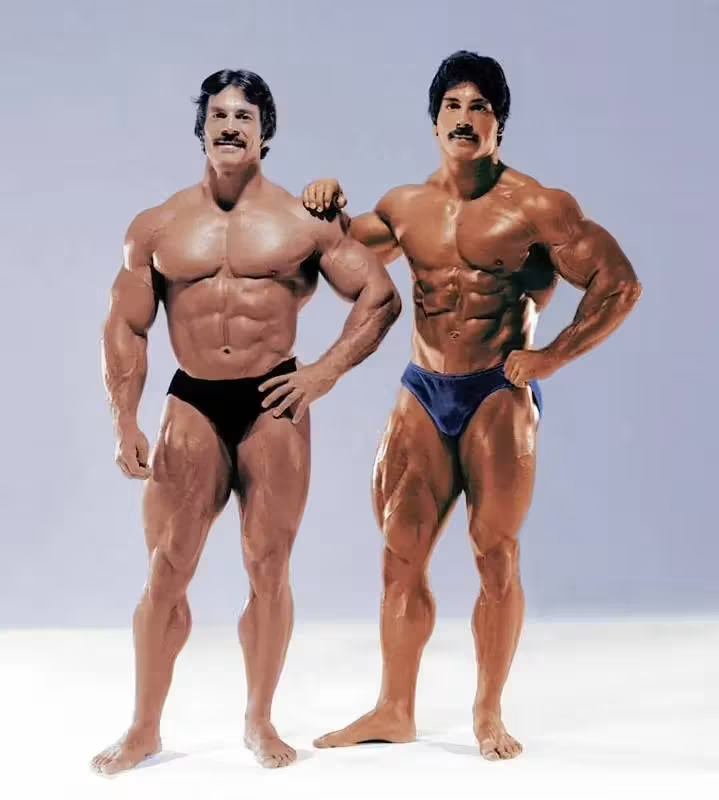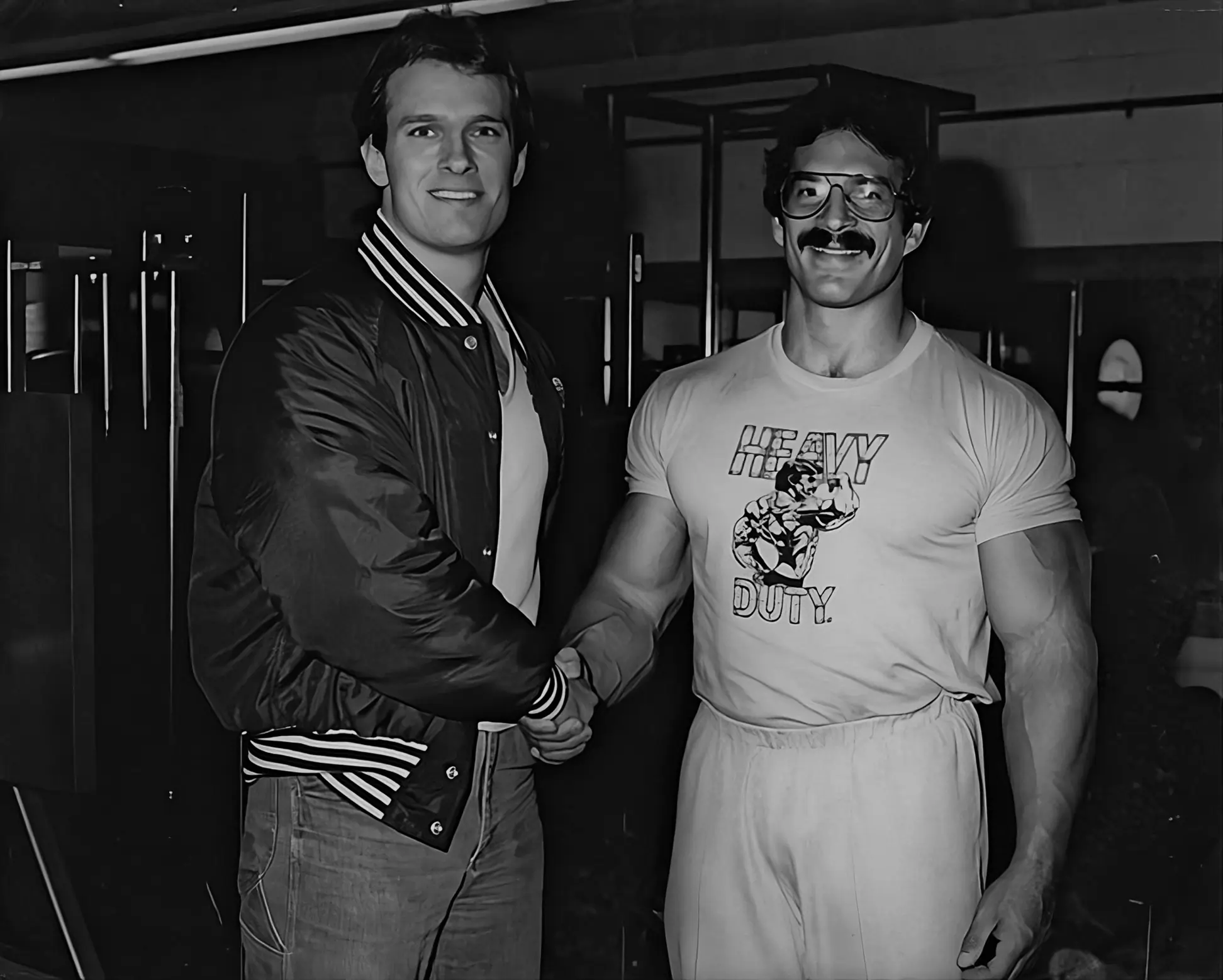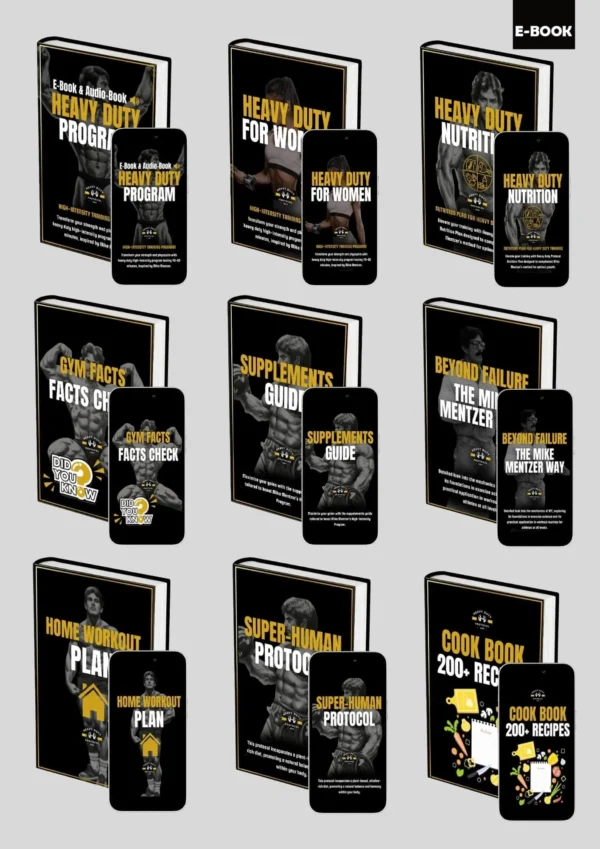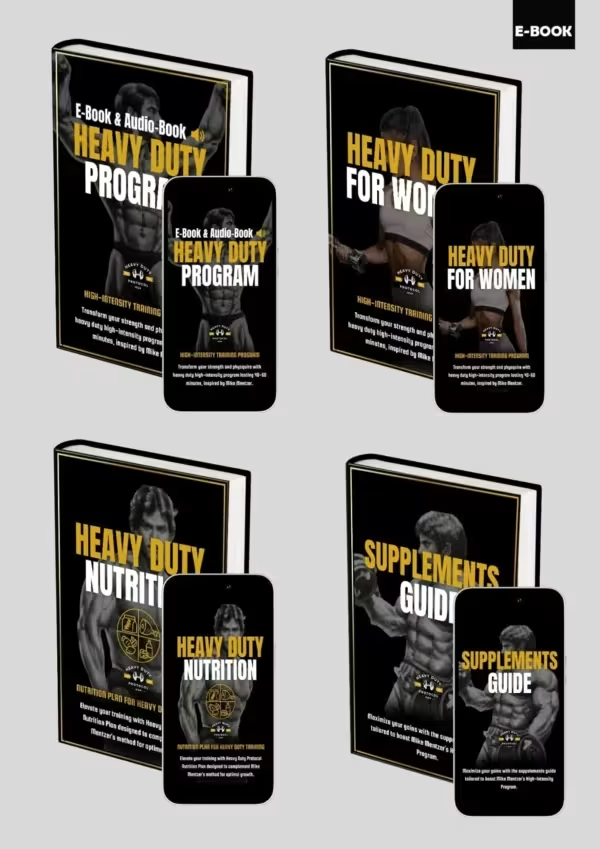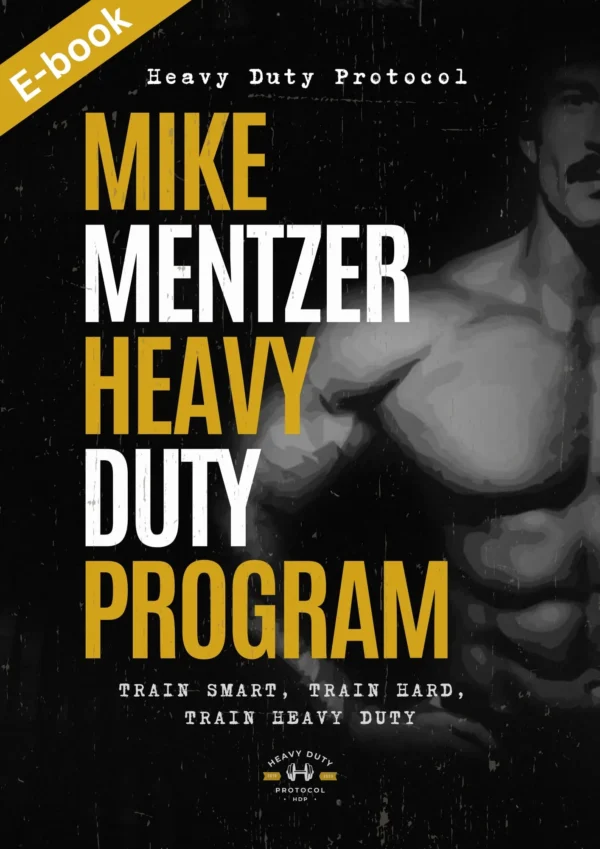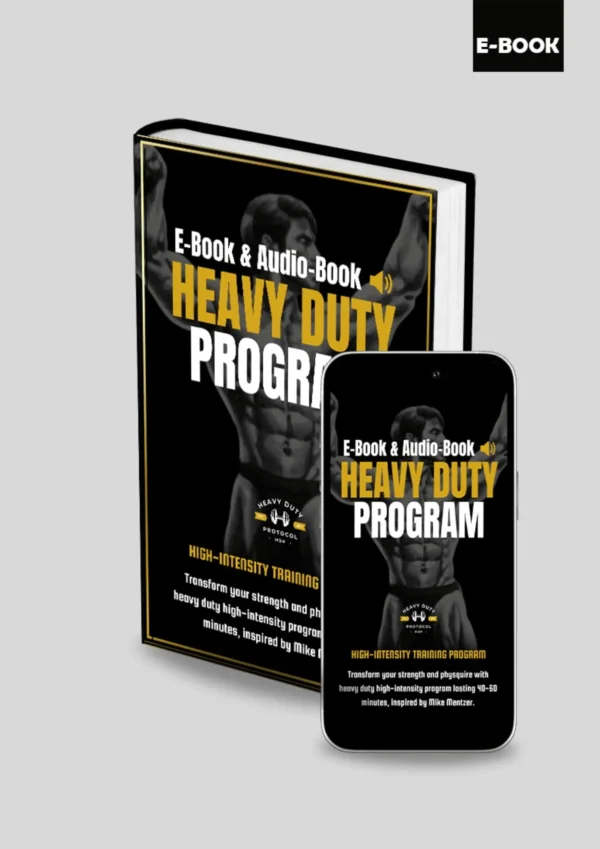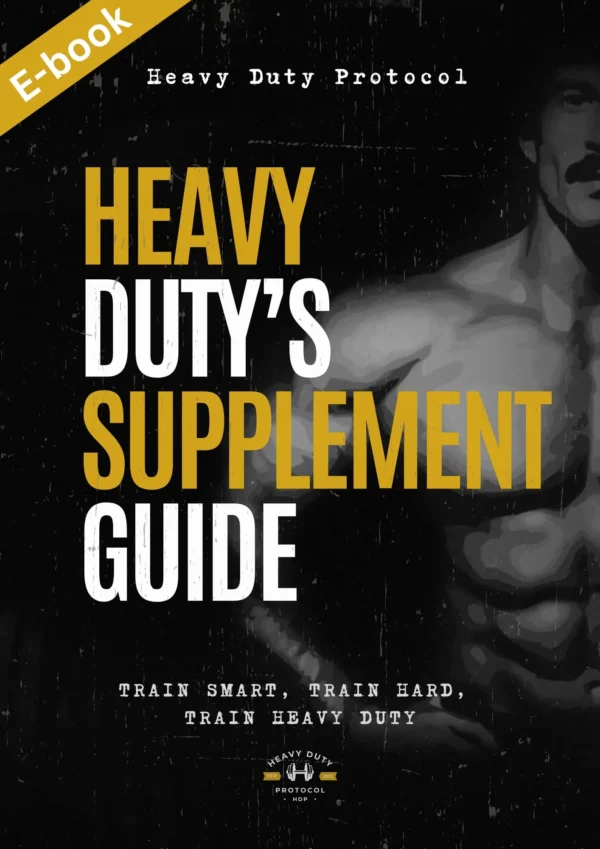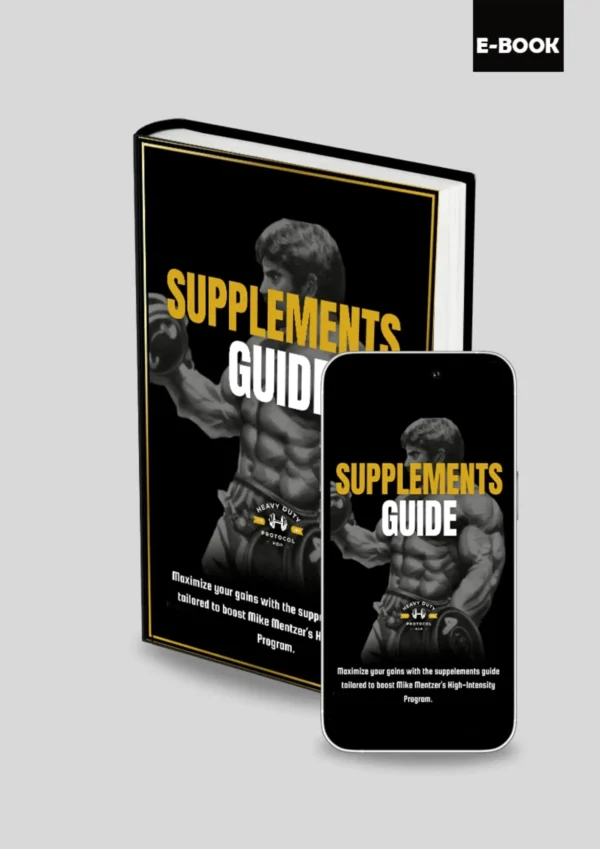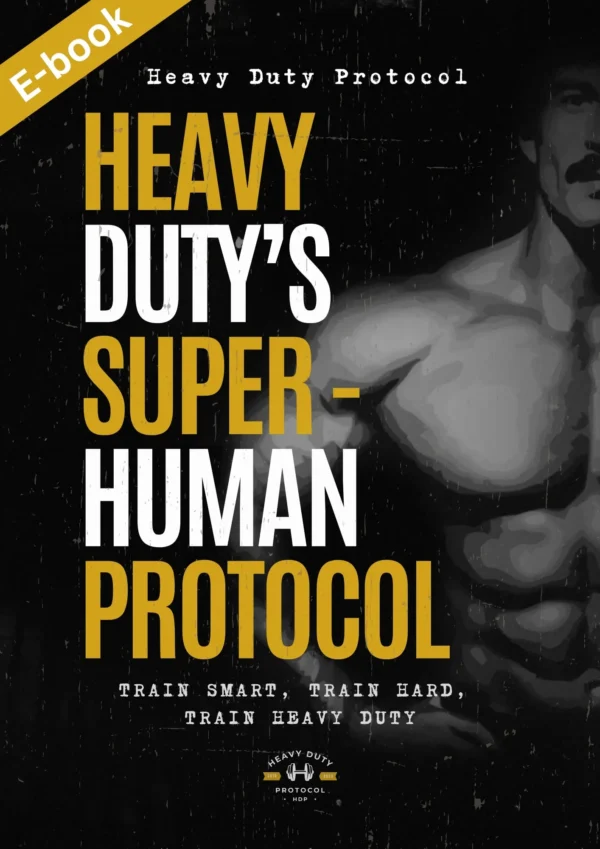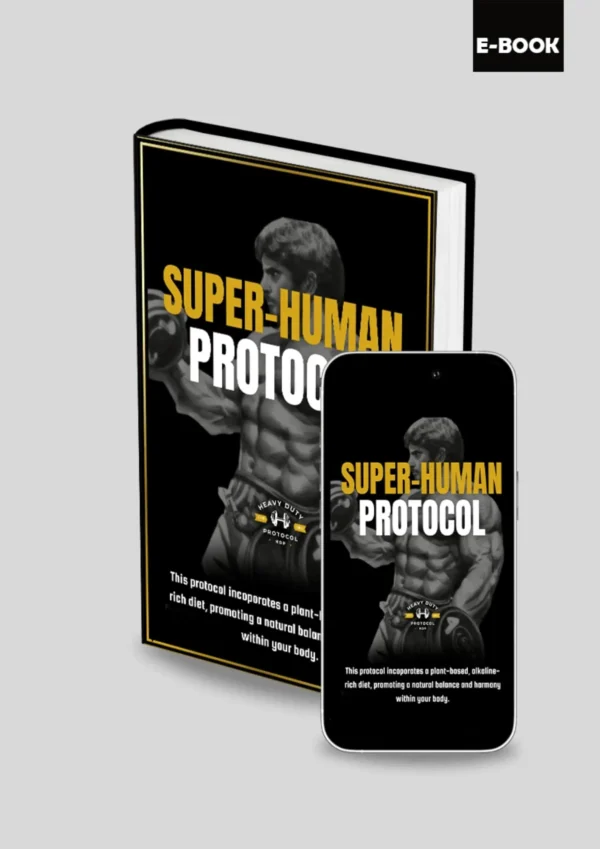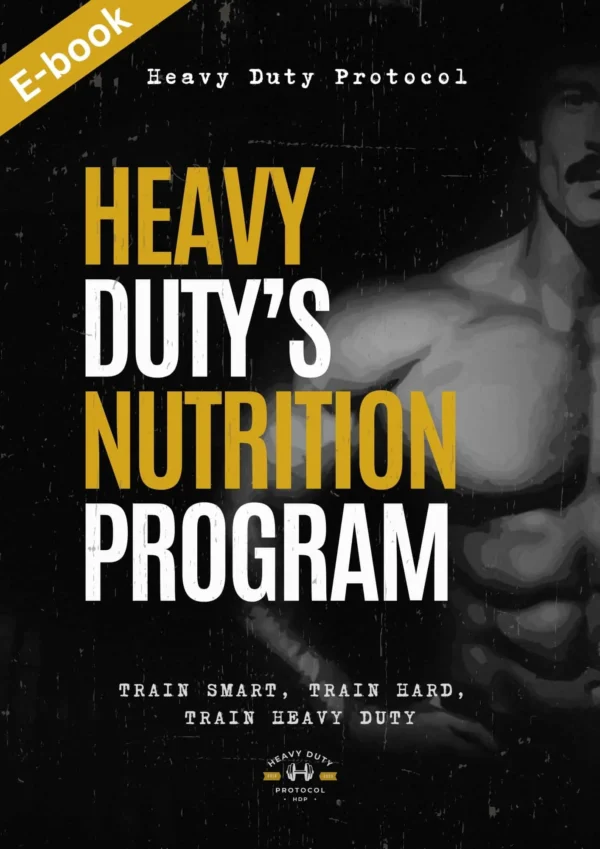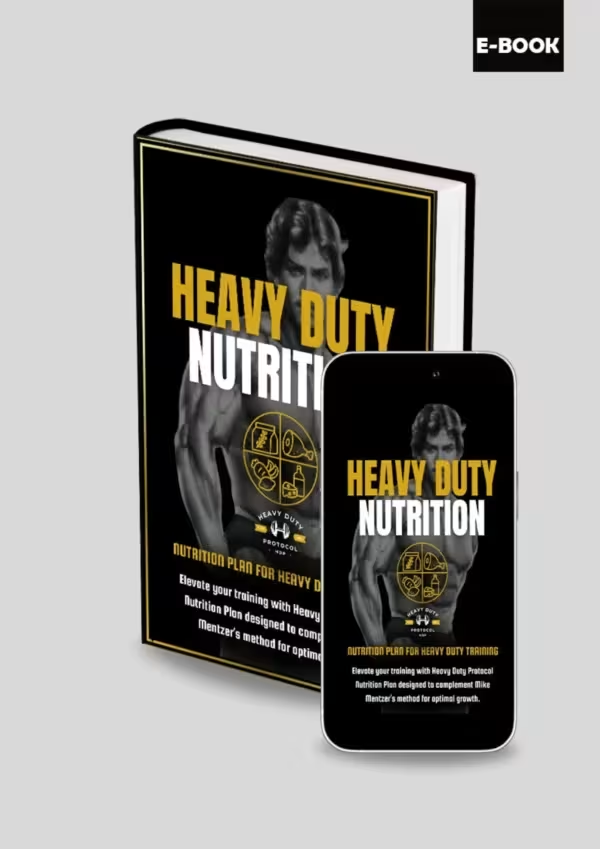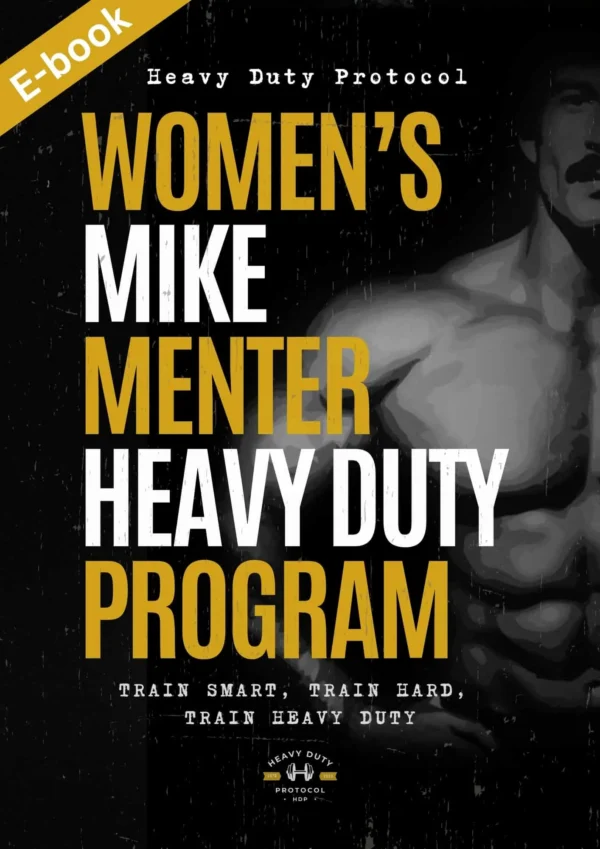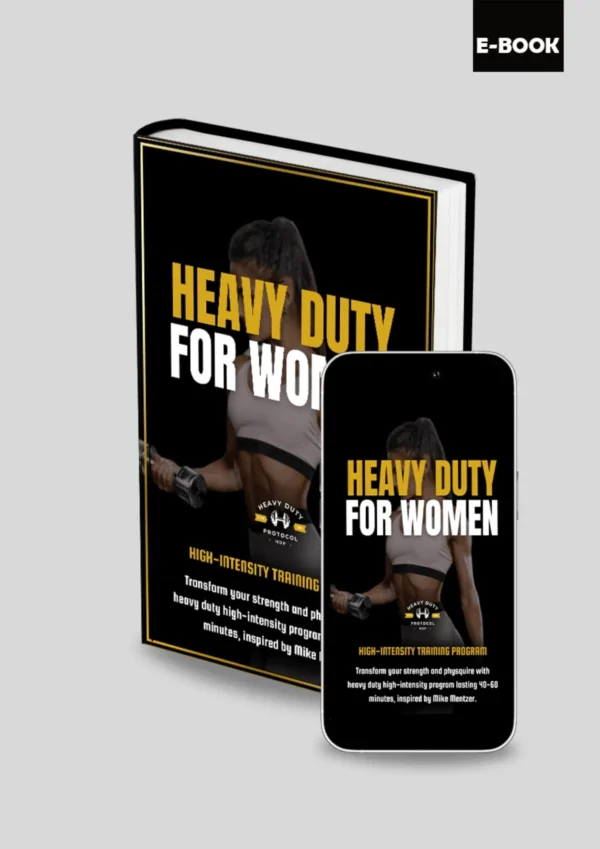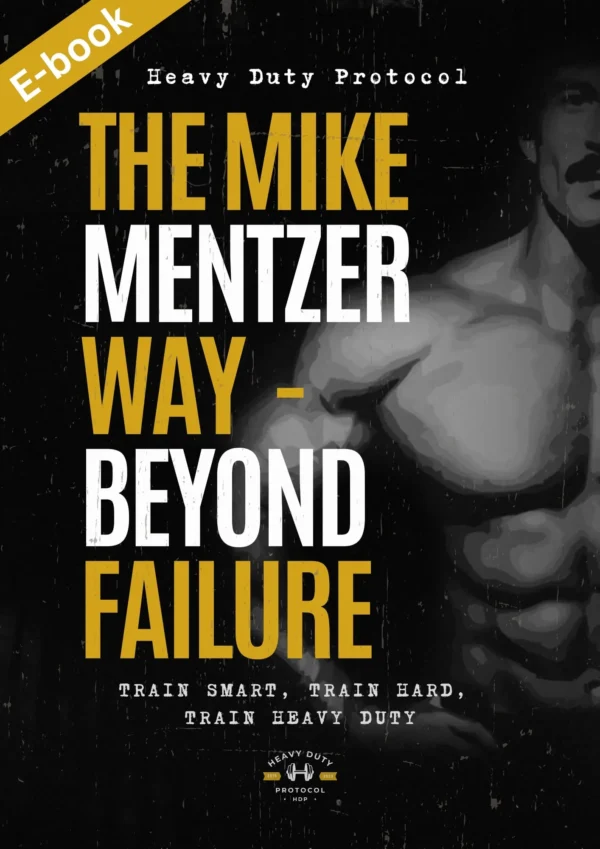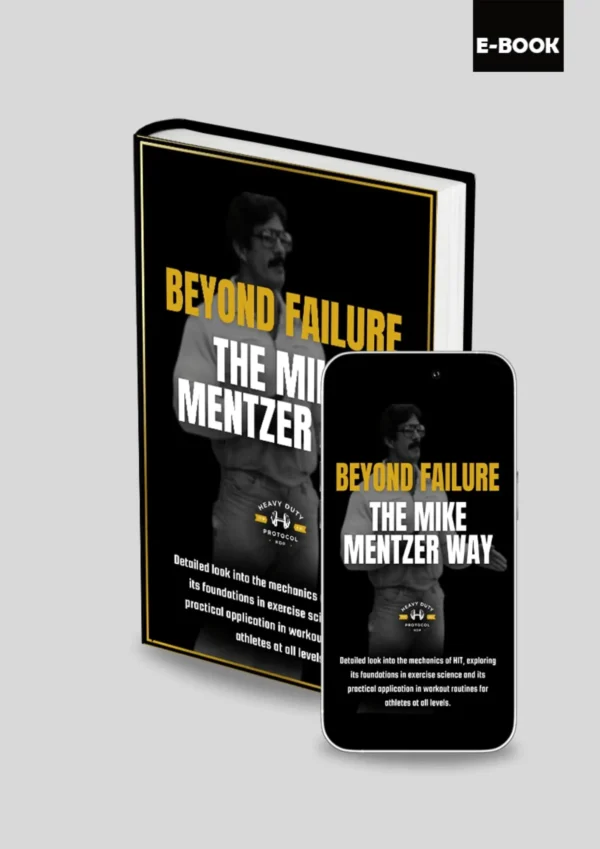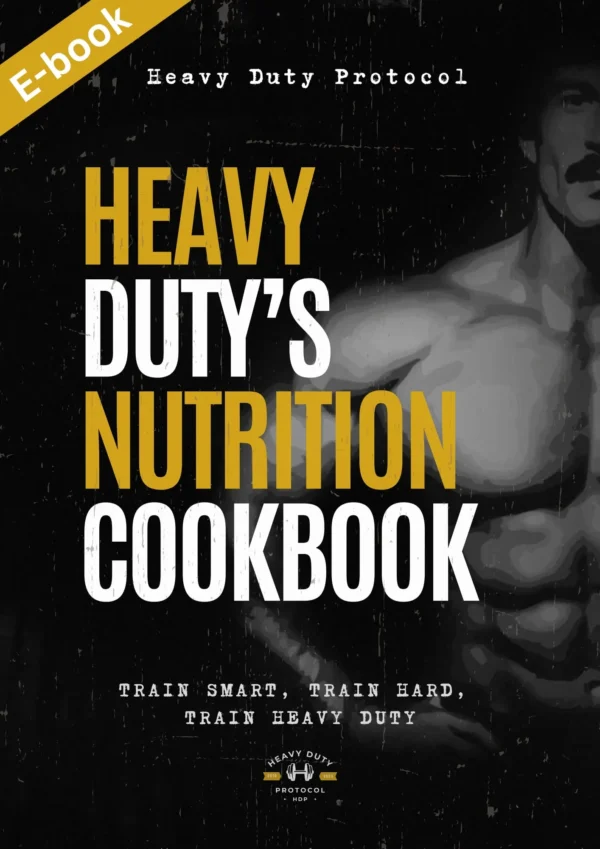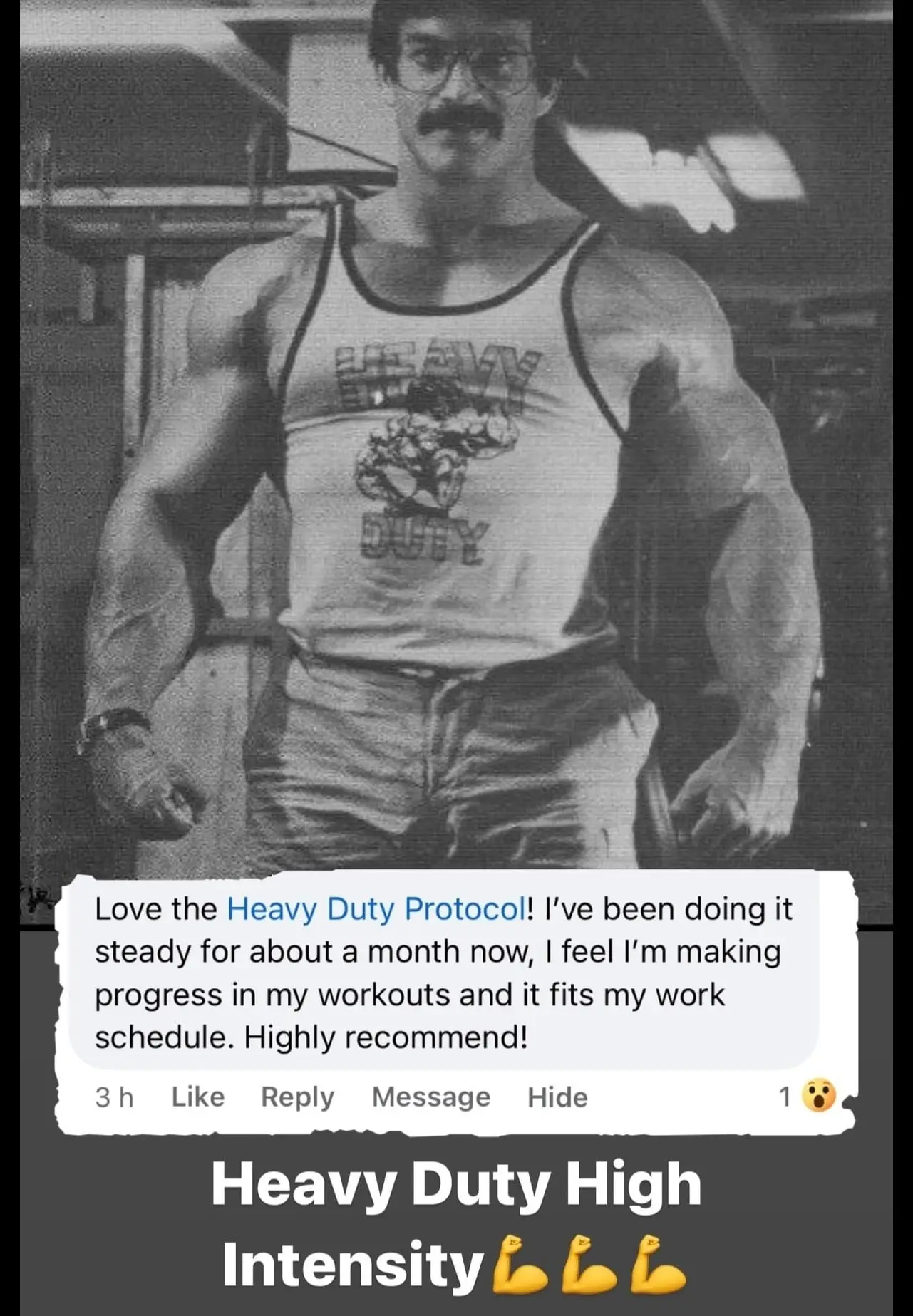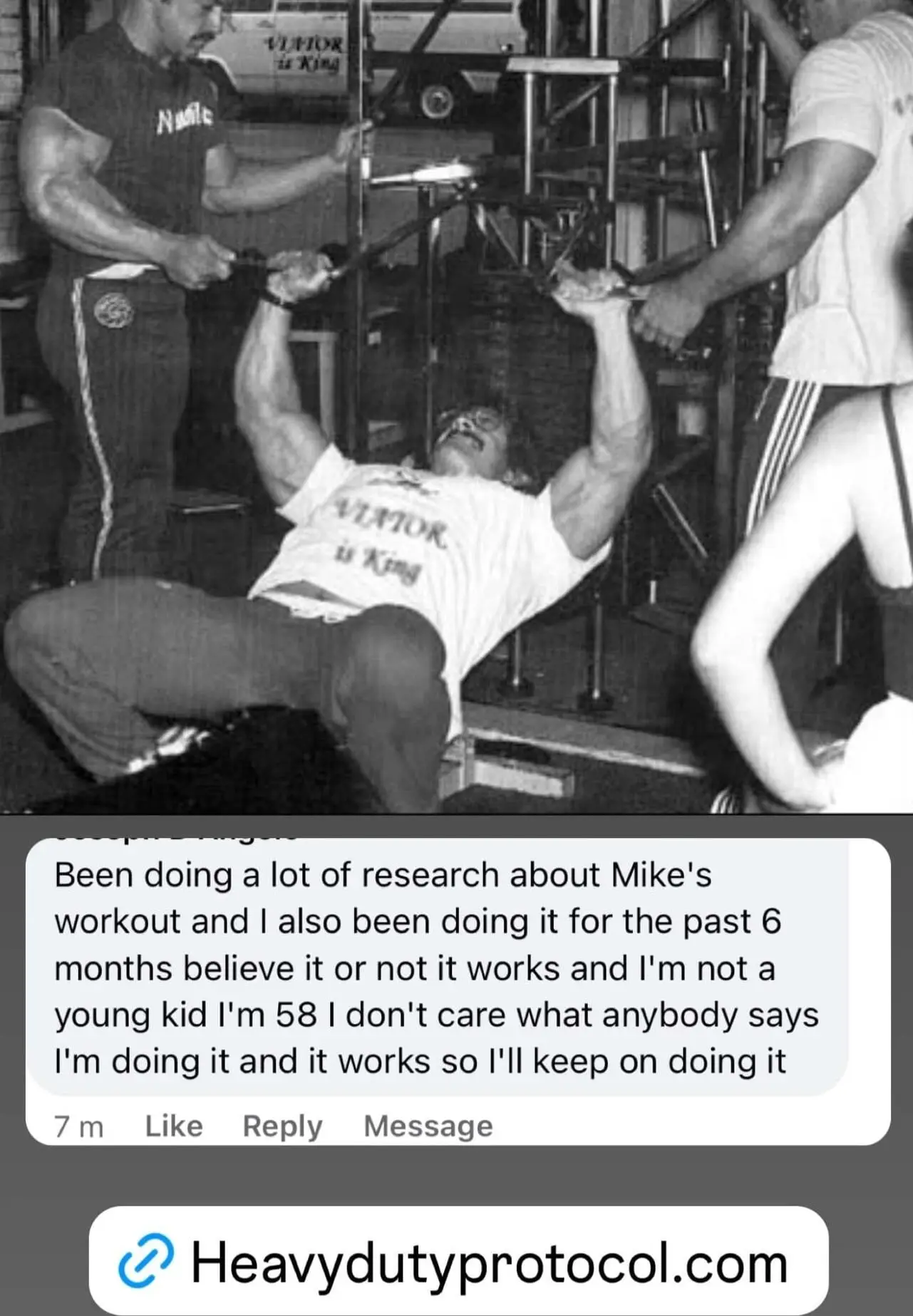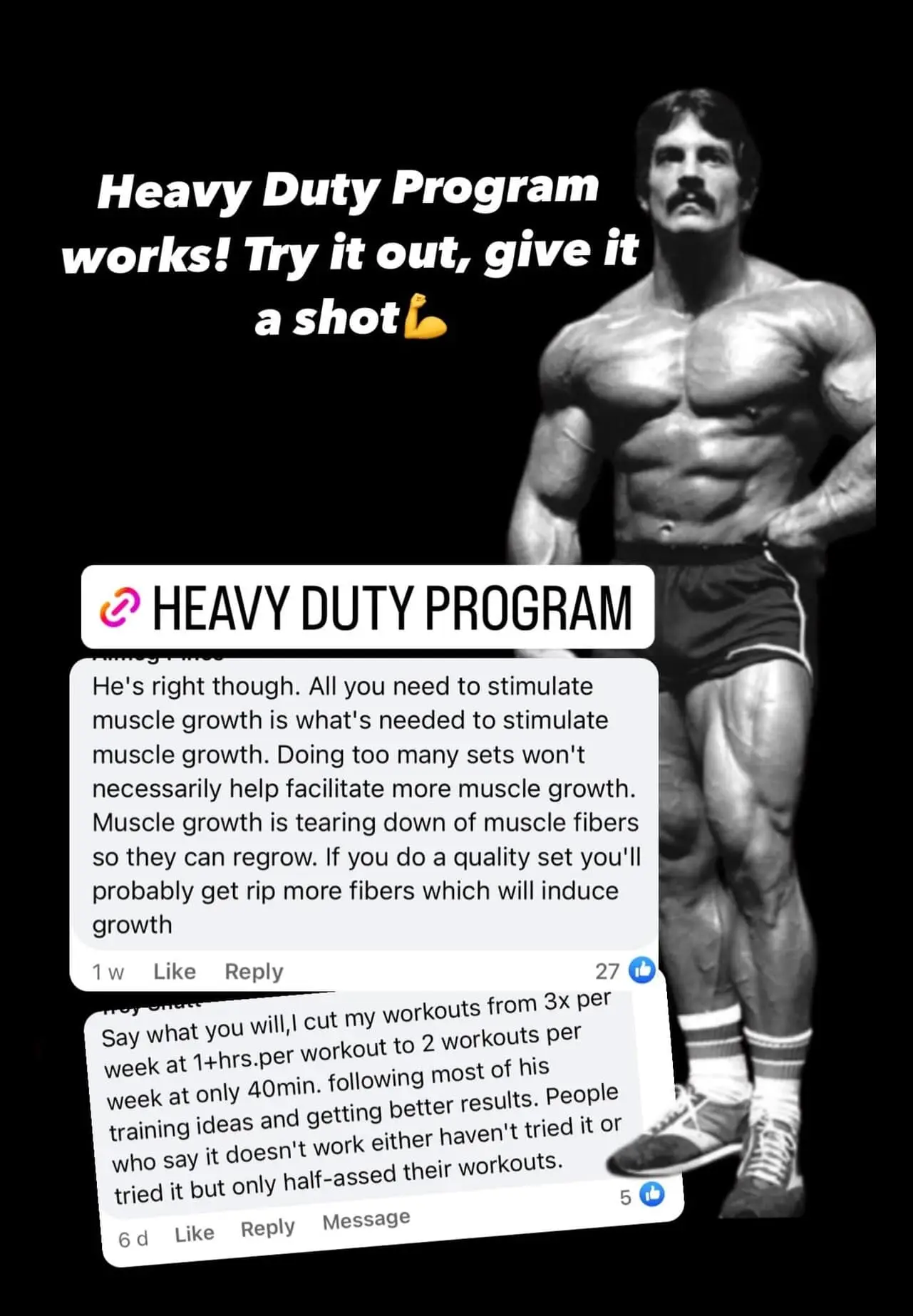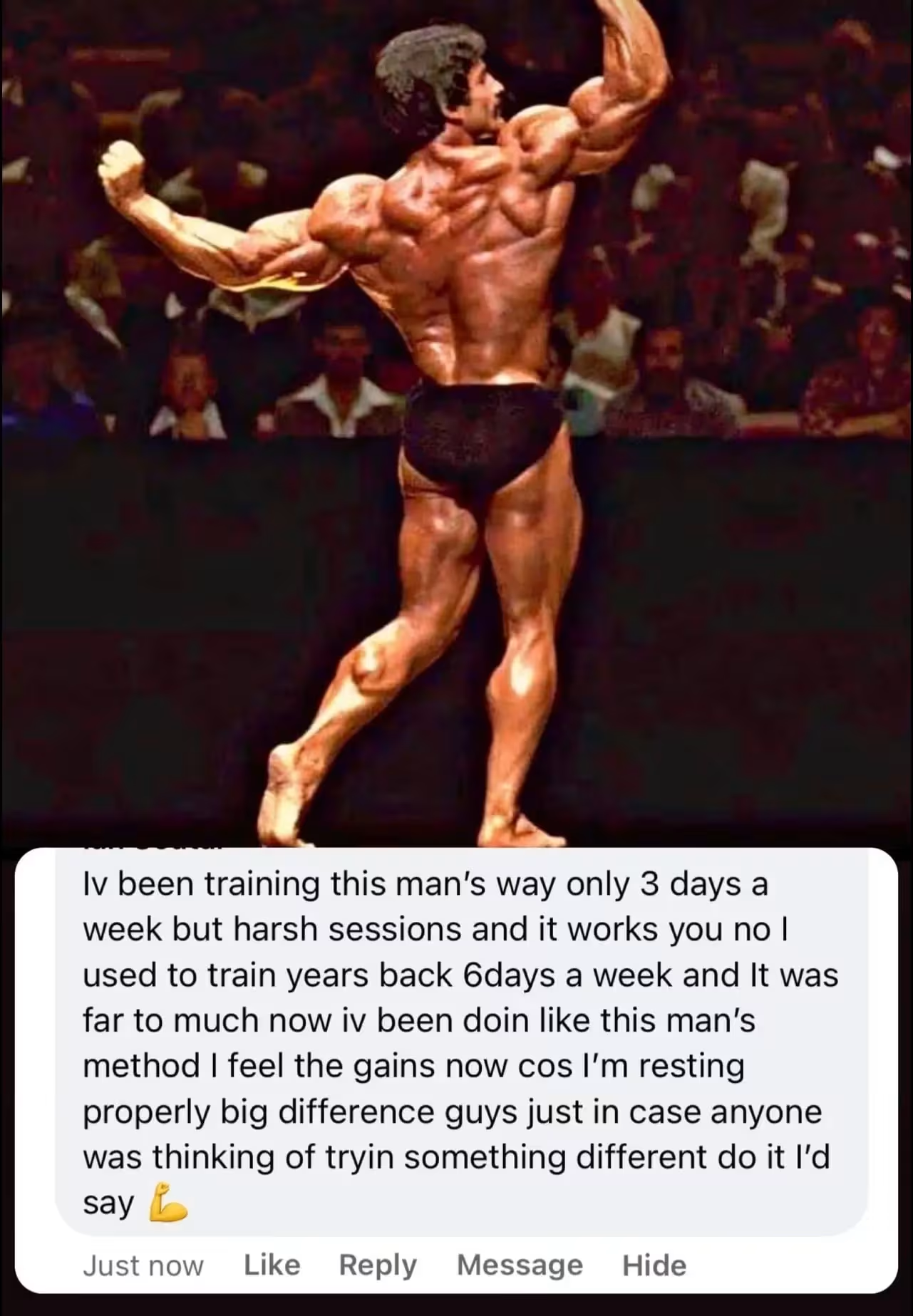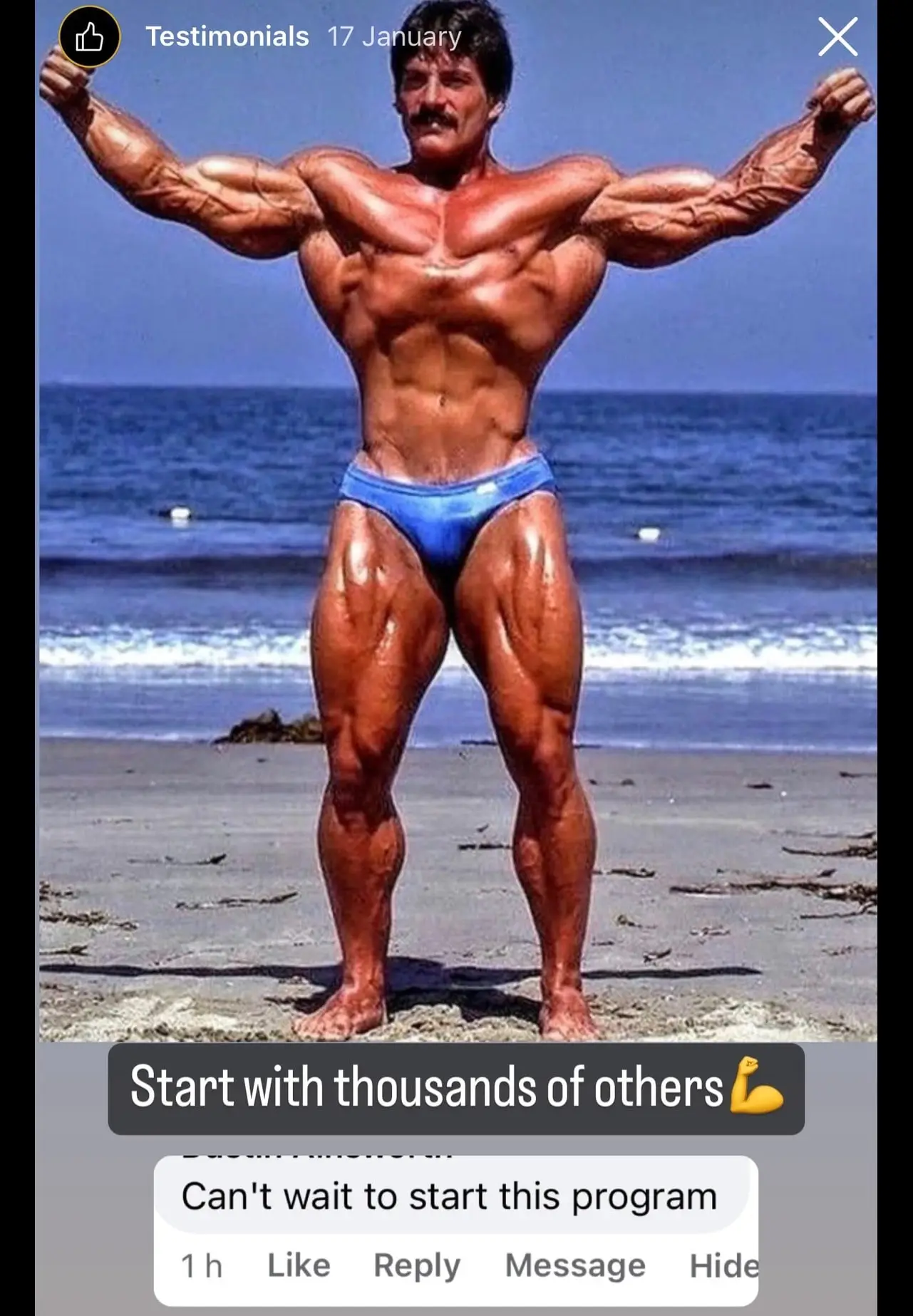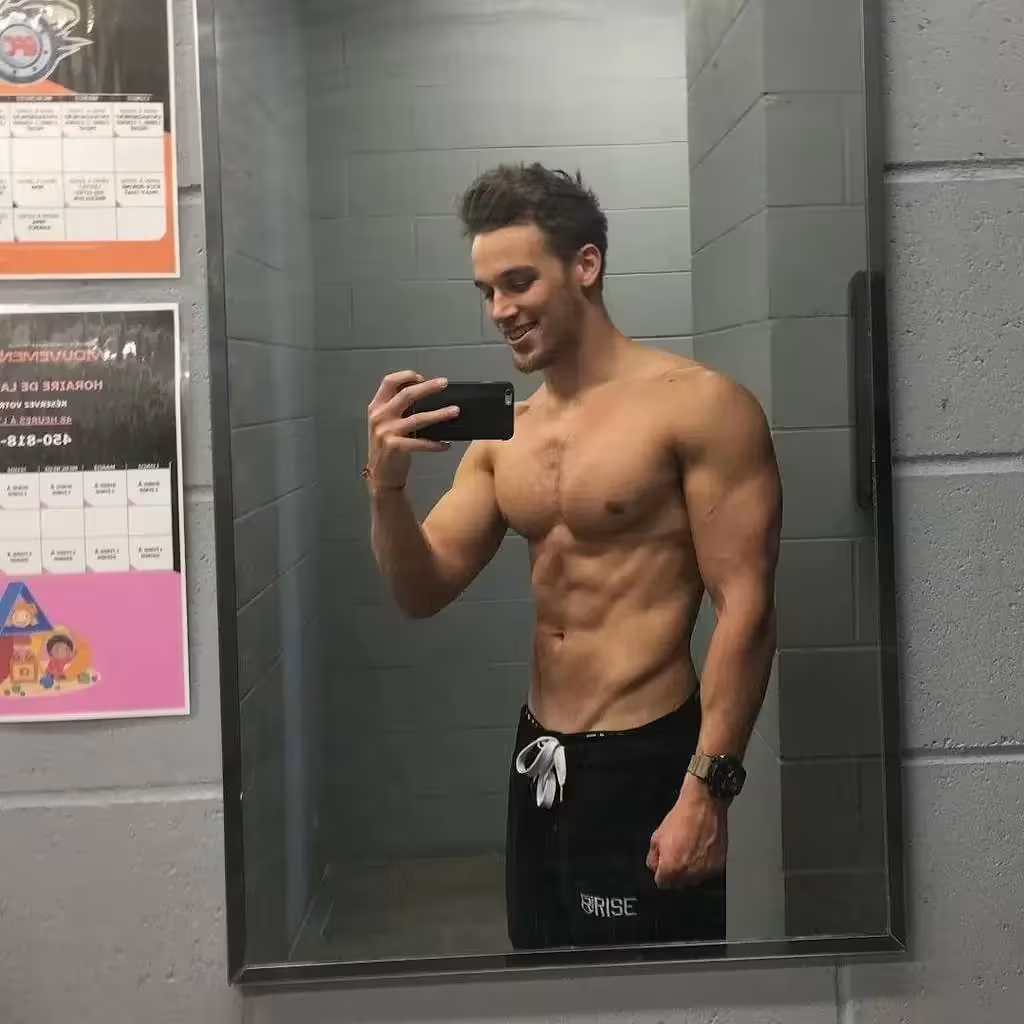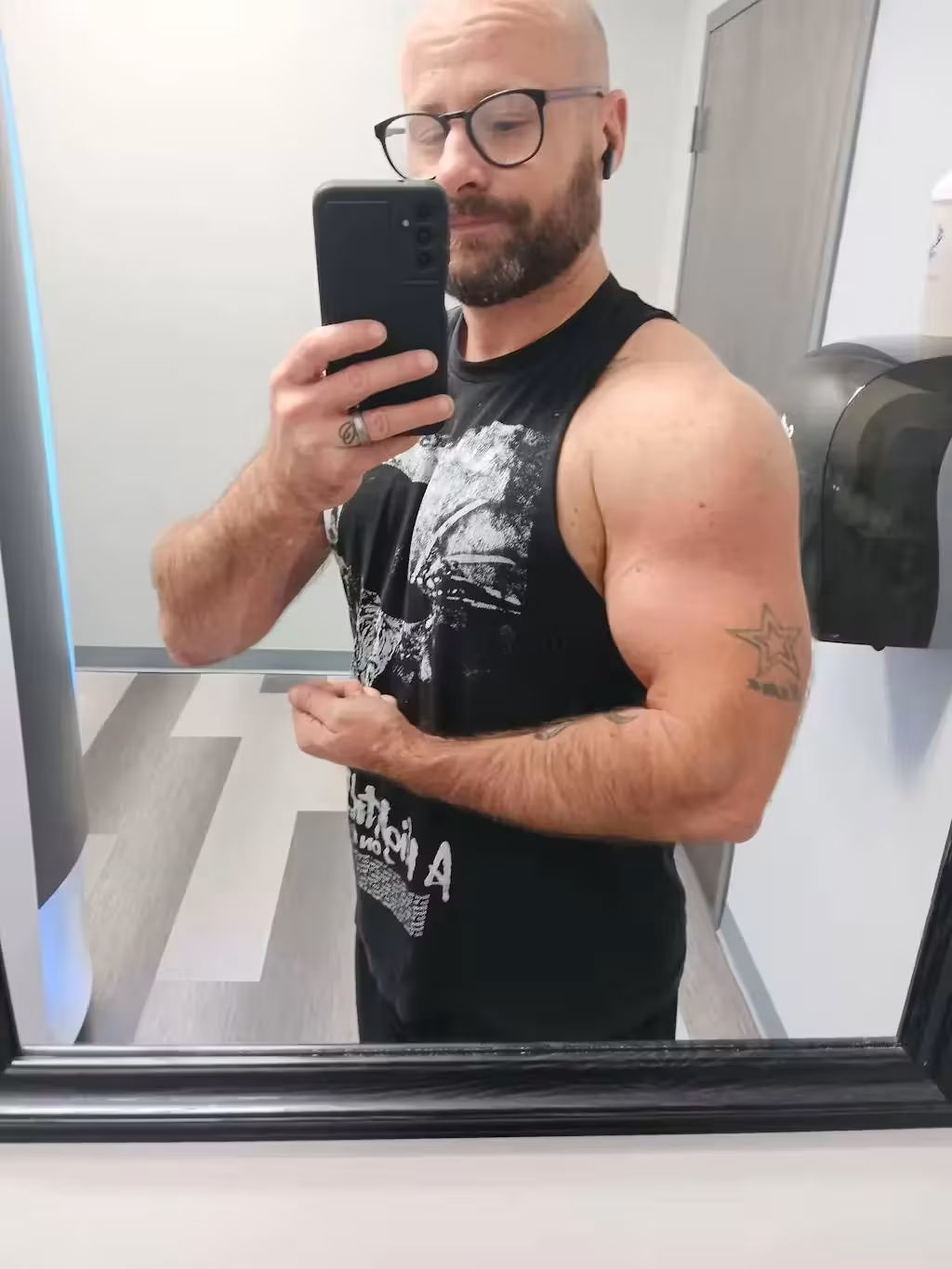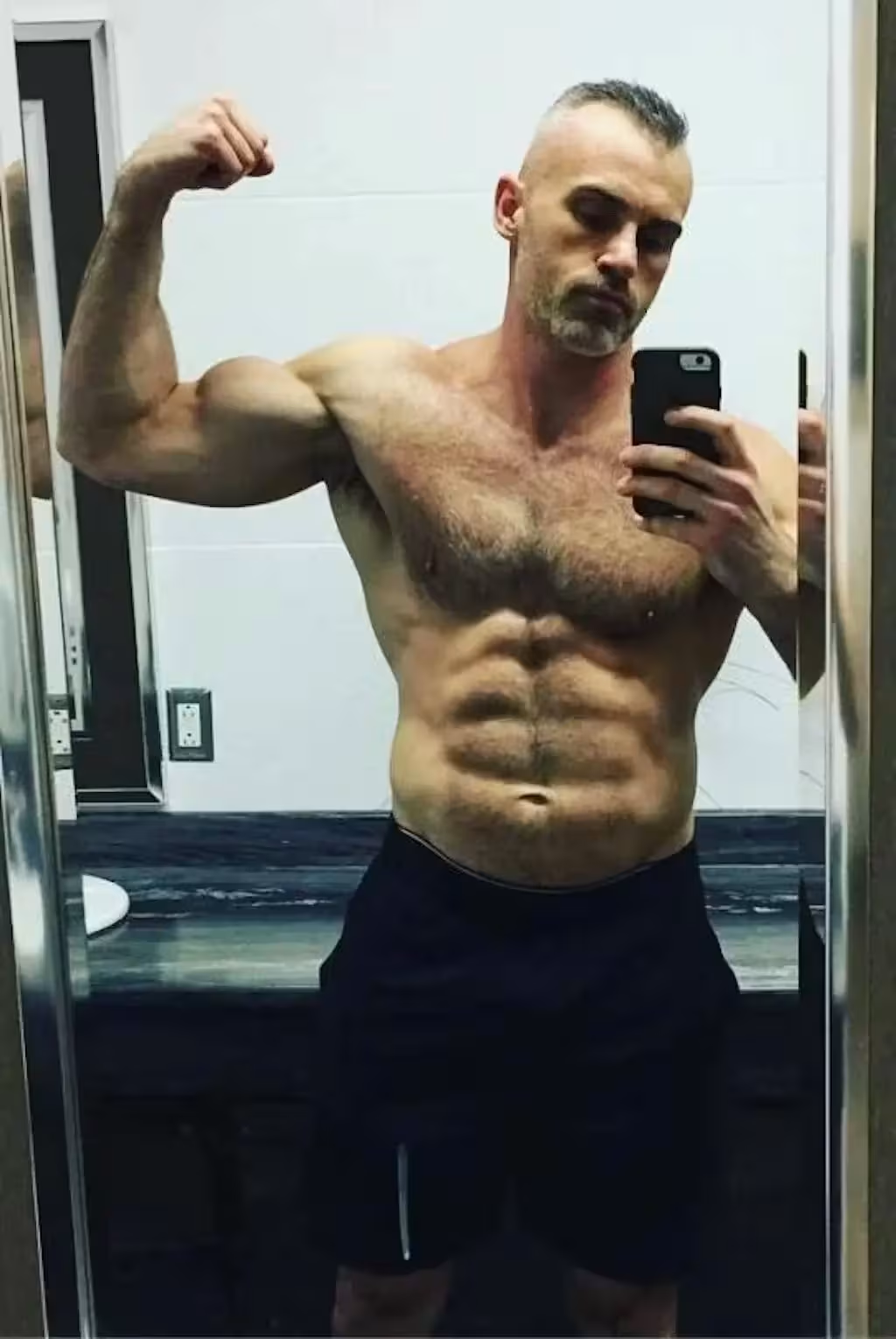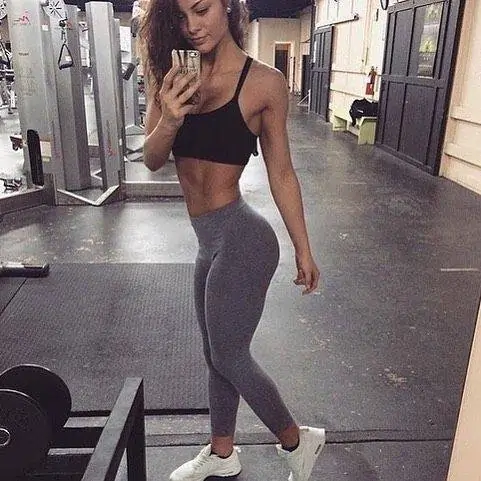The Overall Issues with PEDs in Today’s Bodybuilding
Performance-enhancing drugs (PEDs) have been a controversial cornerstone of bodybuilding for decades. While their use can yield rapid muscle growth and improved performance, the cost to health, ethics, and the integrity of the sport is immense. This blog dives into the widespread issues surrounding PEDs in modern bodybuilding and why natural approaches like Heavy Duty Training provide a better path forward.
The Prevalence of PEDs in Bodybuilding
PEDs, including anabolic steroids, growth hormones, and other substances, have become increasingly common among athletes seeking to:
- Build muscle faster.
- Improve recovery times.
- Gain a competitive edge in contests.
Despite their prevalence, PEDs have created significant challenges for athletes and the sport itself.
Why Do Athletes Turn to PEDs?
- Unrealistic Standards: The extreme physiques promoted in bodybuilding competitions and on social media push athletes to seek shortcuts.
- Pressure to Compete: Many feel that PEDs are necessary to stay competitive in a PED-dominated field.
What do you think? Should the sport redefine its standards to prioritize health over extremes?
The Health Risks of PEDs
1. Physical Risks
- Cardiovascular Issues: PEDs can lead to heart disease, high blood pressure, and strokes.
- Liver Damage: Oral steroids are particularly toxic to the liver.
- Hormonal Imbalances: Long-term use can suppress natural hormone production, leading to infertility, testicular shrinkage, and gynecomastia.
2. Psychological Effects
- Mood Swings and Aggression: Commonly referred to as “roid rage,” PEDs can cause severe emotional instability.
- Addiction: Dependency on PEDs often develops, making it difficult for athletes to stop use despite side effects.
3. Aesthetic Drawbacks
- Acne, hair loss, and bloating can offset the desired “ideal” look PEDs are supposed to provide.
Would you agree that these risks far outweigh the short-term benefits?
The Ethical Concerns of PED Use
1. Cheating in Competition
- PED use creates an uneven playing field, with natural athletes often unable to compete against enhanced physiques.
- Many organizations ban PEDs, but inconsistent testing protocols allow their continued use.
2. Misleading Aspirations
- Social media and fitness influencers often promote physiques achieved with PEDs without disclosing their use, creating unrealistic expectations for their followers.
How do you think transparency could change the perception of bodybuilding?
The Impact on Bodybuilding’s Integrity
PEDs have shifted the focus of bodybuilding from discipline and effort to extremes and shortcuts. As a result:
- Health is Compromised: Athletes sacrifice longevity for temporary achievements.
- The Natural Athlete is Marginalized: True dedication and effort are often overlooked in favor of chemically enhanced physiques.
Do you believe bodybuilding should celebrate natural progress over artificial enhancements?
Heavy Duty Training: A Natural Alternative
Mike Mentzer’s Heavy Duty Training philosophy offers a way to achieve impressive results without the need for PEDs:
1. Maximum Efficiency
- Focus on intense, low-volume workouts to stimulate muscle growth.
- Train smarter, not harder, by prioritizing quality over quantity.
2. Sustainable Progress
- Results achieved naturally last longer and don’t come with the health risks associated with PEDs.
3. Health and Longevity
- By prioritizing recovery and minimizing overtraining, Heavy Duty Training promotes overall well-being.
What would sustainable, natural progress mean for your fitness journey?
Final Thoughts
The prevalence of PEDs in bodybuilding has created significant health, ethical, and societal challenges. While these substances may offer short-term gains, the risks to health and the integrity of the sport are undeniable. Mike Mentzer’s Heavy Duty Training philosophy serves as a reminder that natural methods, discipline, and intelligent training can achieve remarkable results without compromising health.
Ask yourself: Are you willing to prioritize your long-term health and integrity over fleeting achievements? How can we, as a fitness community, advocate for a healthier, more sustainable future?



